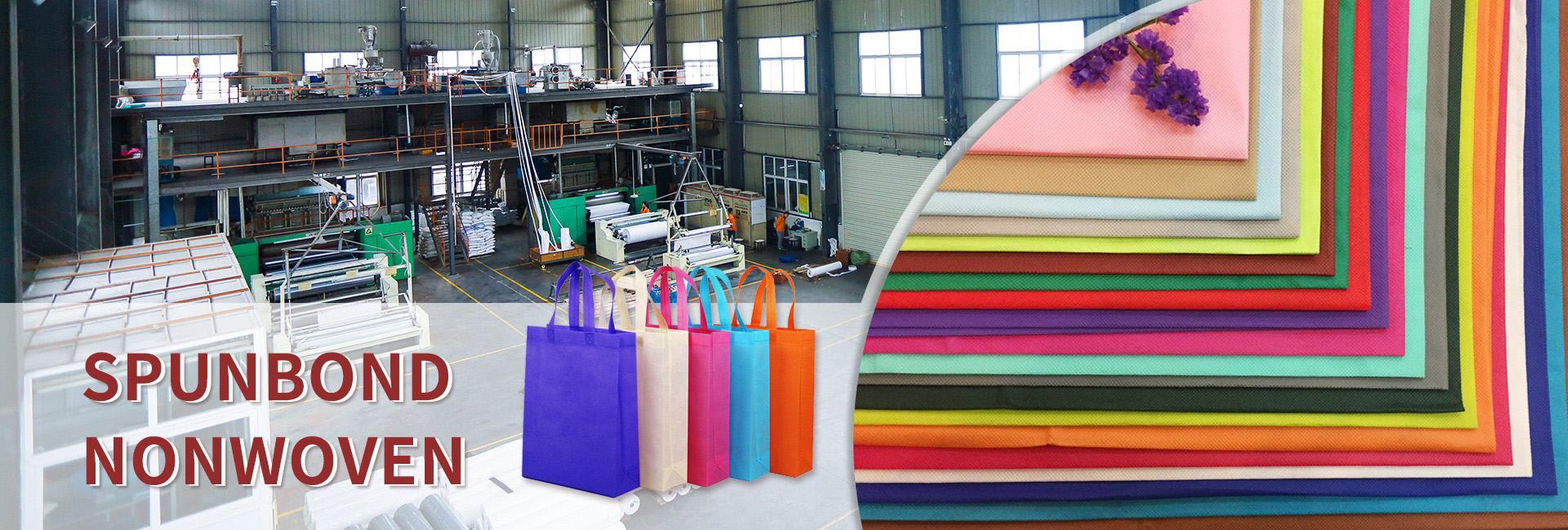The “plastic restriction order” has been implemented for more than 10 years, and now its effectiveness is prominent in large supermarkets; However, some farmers’ markets and mobile vendors have become the “hardest hit areas” for using ultra-thin bags.
Recently, the Yuelu District Market Management Branch of Changsha Administration for Industry and Commerce launched an action as soon as possible., Through multiple inspections of wholesale markets in the jurisdiction, it was found that there is a situation of selling ultra-thin bags with three no labels in the market.
In the warehouse of Shunfa Plastic, more than 10 bags of three no plastic bags without factory name, address, QS, and recycling label were found, totaling over 100000 ultra-thin plastic bags with an estimated value of about 6000 yuan. Subsequently, law enforcement officers seized these three no plastic bags on the spot.
Zhang Lu stated that the industrial and commercial department will subsequently require Shunfa Plastic’s business owners to undergo investigation at the Industrial and Commercial Bureau, and send the confiscated three no plastic bags to the quality inspection department for inspection. If it is confirmed that the plastic bags are unqualified products, they will strictly follow the “Product Quality Law” and relevant laws and regulations, confiscate their illegally sold products, confiscate their illegal gains and impose penalties.
Health hazards and environmental concerns
According to media reports, data released by relevant departments shows that China uses 1 billion plastic bags to buy groceries every day, while the usage of other types of plastic bags exceeds 2 billion per day. There are also studies showing that most plastic bags are discarded after 12 minutes of use, but their natural decomposition in the environment takes 20 to 200 years.
Dong Jinshi, Secretary General of the International Food Packaging Association, stated that it is based on considerations of health and environmental protection that the country has introduced the “plastic restriction order”, hoping to reduce the use of plastic bags, thereby reducing energy consumption and decreasing their pollution to the environment.
He said that bags are usually brightly colored and often contain heavy metals such as lead and cadmium. If these bags are used to hold fruits and vegetables, they can cause significant damage to the liver, kidneys, and blood system of humans, and may also have an impact on children’s intellectual development. If it is processed from recycled old materials, harmful ingredients can easily be ingested into the human body and affect health when packaged in food.
In terms of composition, both plastic bags and non-woven bags are not “environmentally friendly”: plastic bags mainly composed of polyvinyl chloride, even if buried underground, take about 100 years to fully degrade; And non-woven shopping bags mainly composed of polypropylene also have a slow degradation process in natural environments. In the long run, it will have a significant impact on the living environment of future generations.
The public’s environmental awareness urgently needs to be improved
It has been many years and the “plastic restriction order” is still in an awkward situation. So, how should we continue on the road of “plastic restriction” in the future?
Dong Jinshi said that the management of plastic bags can be reduced as much as possible through a fee system, which can subtly change consumer habits and behavior. In addition, put more effort into the product recycling and processing system.
Zhang Lu stated that a long-term regulatory mechanism should be established. One is to raise public awareness through social propaganda, so that the people can truly understand the harm of white pollution; Secondly, it is necessary to strengthen the self-discipline awareness of individual businesses and not harm society driven by interests; Thirdly, government departments at all levels should form a joint force to cut off the source of production, and at the same time severely punish merchants who fail to implement the “plastic restriction order” in the circulation process. In short, in order to make the “plastic restriction order” effective and far-reaching, it requires the joint efforts of the whole nation and various departments. Only by taking multiple measures can we achieve the expected results of the government.
In addition, personnel from relevant regulatory departments in Changsha have stated that in the near future, Changsha will focus on carrying out special rectification activities for “plastic restrictions”.
Non woven bag
The main material of non-woven bags is polypropylene (PP), which is a chemical fiber and belongs to plastic products. Non woven fabric is a sheet-like material formed by bonding or rubbing fibers together. Its fibers can be natural fibers such as cotton or chemical fibers such as polypropylene.
Non woven bags have various advantages, such as toughness and durability, beautiful appearance, good breathability, reusable and washable, suitable for silk screen advertising, etc. However, due to its main material being polypropylene (PP), it is easily biodegradable and does not cause environmental pollution. Therefore, non-woven bags are widely used in the context of the “plastic restriction order”.
Dongguan Liansheng Non woven Technology Co., Ltd. was established in May 2020. It is a large-scale non-woven fabric production enterprise integrating research and development, production, and sales. It can produce various colors of PP spunbond non-woven fabrics with a width of less than 3.2 meters from 9 grams to 300 grams.
Post time: Nov-21-2024

